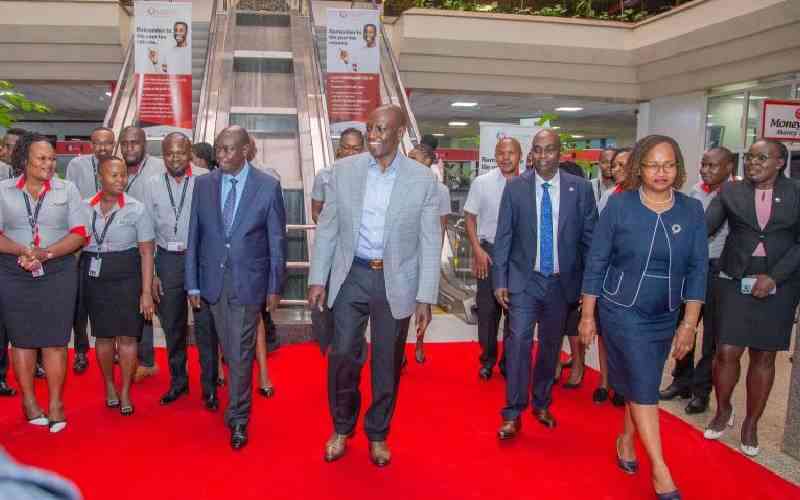×
The Standard e-Paper
Join Thousands Daily

Tears rolled down his cheeks. His shrivelled face gave his crimson eyes a distant melancholic look. I had never seen my father cry.
He was a giant, dreaded and respected in equal measure. A man no one wanted to pick a fight with. I had only seen him smile once. On that sunny afternoon, he paraded me in his favourite pub and announced to everyone: "See, here is my son who has made me very proud by passing his primary school national exams."